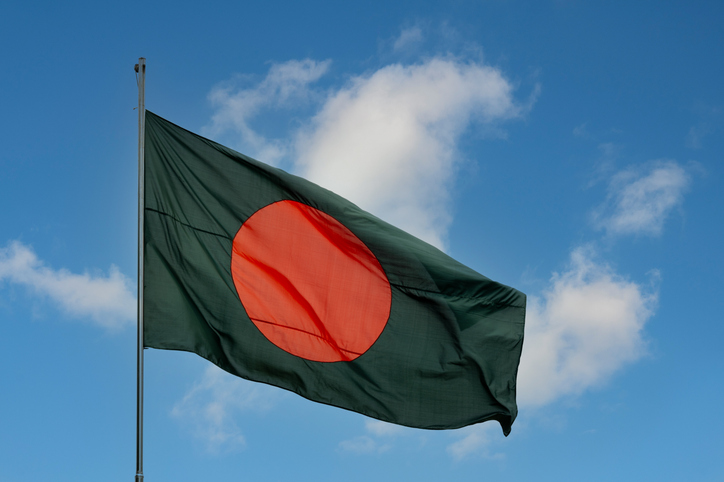A legal petition demanding a ban on the International Society for Krishna Consciousness (ISKCON) in Bangladesh has triggered widespread debate and escalating tensions in the country. The petition, filed by Supreme Court lawyer Al Mamun Russell and 10 other legal professionals, accuses ISKCON of being a “radical organisation” that threatens national security and incites communal unrest.
The legal notice, addressed to the Ministry of Home Affairs, the Ministry of Law and Justice, and the Inspector General of Police, accuses ISKCON of fostering religious intolerance, forcibly recruiting members, and encroaching upon Sanatan temples. It further claims ISKCON has evicted traditional Hindu community members and allegedly carried out attacks on mosques.
Citing incidents of violence, the petition highlights the discovery of firearms in an ISKCON temple in Sylhet in 2016 and alleged attacks on police vehicles during ISKCON processions in Gopalganj. It also attributes the recent unrest following the arrest of former ISKCON Bangladesh priest Chinmoy Krishna Das Brahmachari to the organisation, including the alleged murder of government legal officer Advocate Saiful Islam.
The controversy intensified after Chinmoy Krishna Das, a former ISKCON priest, was arrested on sedition charges for allegedly displaying Bangladesh’s national flag improperly. He was denied bail by a Chittagong court on Tuesday and remains in custody. His arrest has sparked widespread protests, with many calling for his immediate release.
ISKCON Bangladesh issued a statement denouncing the arrest and urging the government to promote peaceful coexistence. Meanwhile, the Bangladesh National Hindu Grand Alliance strongly defended ISKCON, describing it as a peaceful organisation working for the welfare of the poor.
“We strongly oppose this statement of those who are saying that ISKCON should be banned. ISKCON is the international consciousness of Sri Krishna… it is a peaceful organisation,” said Mrityunjay Kumar Roy, the alliance’s general secretary.
The arrest and the petition have drawn reactions from within Bangladesh and India. Congress leader Pawan Khera expressed “deep concern” over the insecurity faced by religious minorities in Bangladesh. In a statement, he urged the Indian government to press Dhaka to ensure the safety and security of minorities.
“The Indian National Congress expresses its deep concern at the atmosphere of insecurity being faced by religious minorities in Bangladesh. The arrest of the ISKCON monk is the latest example. We expect the Government of India to prevail upon Bangladesh to ensure the security of minorities,” Khera said.
The Indian Ministry of External Affairs echoed these concerns, condemning the denial of bail for Chinmoy Krishna Das and highlighting a series of recent attacks on Hindus and other minorities in Bangladesh. “This incident follows multiple attacks on minorities by extremist elements in Bangladesh, including documented cases of arson, looting, and desecration of temples,” the ministry said.
The Bangladesh Foreign Ministry responded to the growing tension by reaffirming its commitment to upholding religious harmony and the rule of law. In an official statement, it said, “Bangladesh’s government is firm in upholding religious harmony in the country, irrespective of religious affiliation, and ensuring the rule of law for every Bangladeshi without distinction.”
(Inputs from ANI)




















